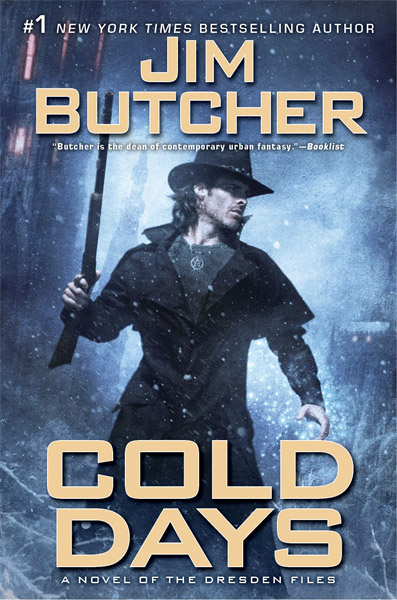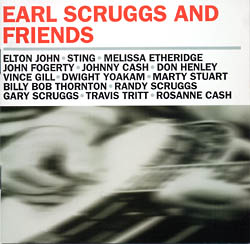HARRY DRESDEN LIVES!!!
After being murdered by a mystery assailant, navigating his way through the realm between life and death, and being brought back to the mortal world, Harry realizes that maybe death wasn’t all that bad. Because he is no longer Harry Dresden, Chicago’s only professional wizard.
He is now Harry Dresden, Winter Knight to Mab, the Queen of Air and Darkness. After Harry had no choice but to swear his fealty, Mab wasn’t about to let something as petty as death steal away the prize she had sought for so long. And now, her word is his command, no matter what she wants him to do, no matter where she wants him to go, and no matter who she wants him to kill.
Guess which Mab wants first?
Of course, it won’t be an ordinary, everyday assassination. Mab wants her newest minion to pull off the impossible: kill an immortal. No problem there, right? And to make matters worse, there exists a growing threat to an unfathomable source of magic that could land Harry in the sort of trouble that will make death look like a holiday.
Beset by enemies new and old, Harry must gather his friends and allies, prevent the annihilation of countless innocents, and find a way out of his eternal subservience before his newfound powers claim the only thing he has left to call his own . . .
His soul.
Well, that sounds cool1. Lots of questions are raised by this, such as who the immortal Harry's supposed to kill is, and whether they're someone, or even a type of someone, we've met before. And it's very interesting that the blurb is already talking about Harry getting out of being the Winter Knight - I would have expected that arc to stick around for another few books, or maybe even until the end of the series.After being murdered by a mystery assailant, navigating his way through the realm between life and death, and being brought back to the mortal world, Harry realizes that maybe death wasn’t all that bad. Because he is no longer Harry Dresden, Chicago’s only professional wizard.
He is now Harry Dresden, Winter Knight to Mab, the Queen of Air and Darkness. After Harry had no choice but to swear his fealty, Mab wasn’t about to let something as petty as death steal away the prize she had sought for so long. And now, her word is his command, no matter what she wants him to do, no matter where she wants him to go, and no matter who she wants him to kill.
Guess which Mab wants first?
Of course, it won’t be an ordinary, everyday assassination. Mab wants her newest minion to pull off the impossible: kill an immortal. No problem there, right? And to make matters worse, there exists a growing threat to an unfathomable source of magic that could land Harry in the sort of trouble that will make death look like a holiday.
Beset by enemies new and old, Harry must gather his friends and allies, prevent the annihilation of countless innocents, and find a way out of his eternal subservience before his newfound powers claim the only thing he has left to call his own . . .
His soul.
That cover art is pretty interesting, too - now, in the past the cover art has never tracked too closely to the plot of the novel (it's never been inaccurate, save for that hat, mind you, but trying to divine plot details from the art has usually2 proven futile), but for this one we have a fairly major shift in that Harry's carrying a rifle instead of his staff. So that could indicate that Harry's going to be switching up and/or expanding his tactical repertoire, especially if this immortal person is someone he can't get out of killing.
Anyway, I'm quite excited about this news - hopefully the preview chapters will be up sooner rather than later (rumor is the first to are in the paperback of Ghost Story - I'll have to see if I can scrounge one of those up).
In the meantime, I've been thinking for a while of giving the whole series a re-read, and this seems like the proverbial opportune moment. Hopefully it'll also make for some good blogging!























